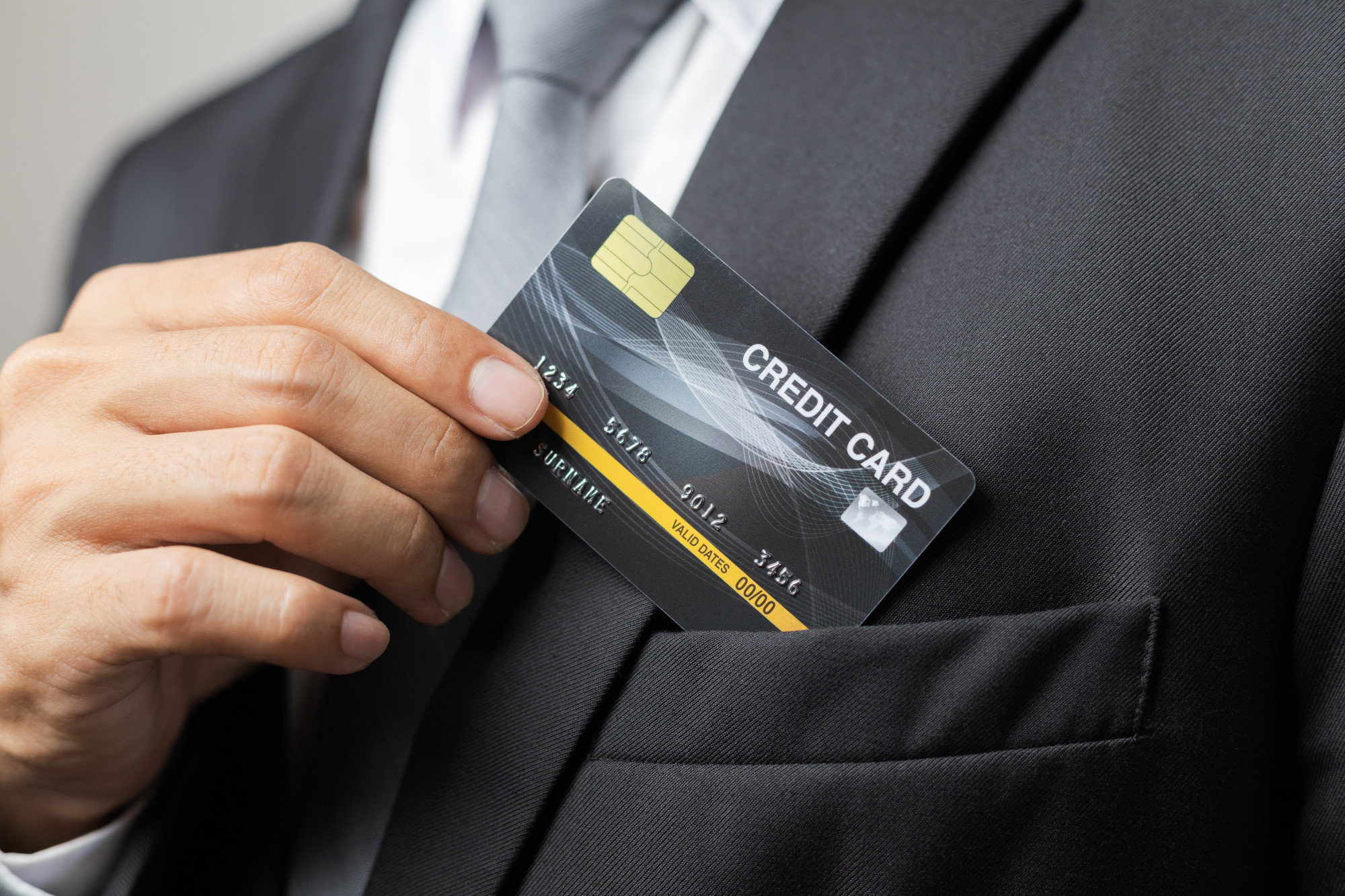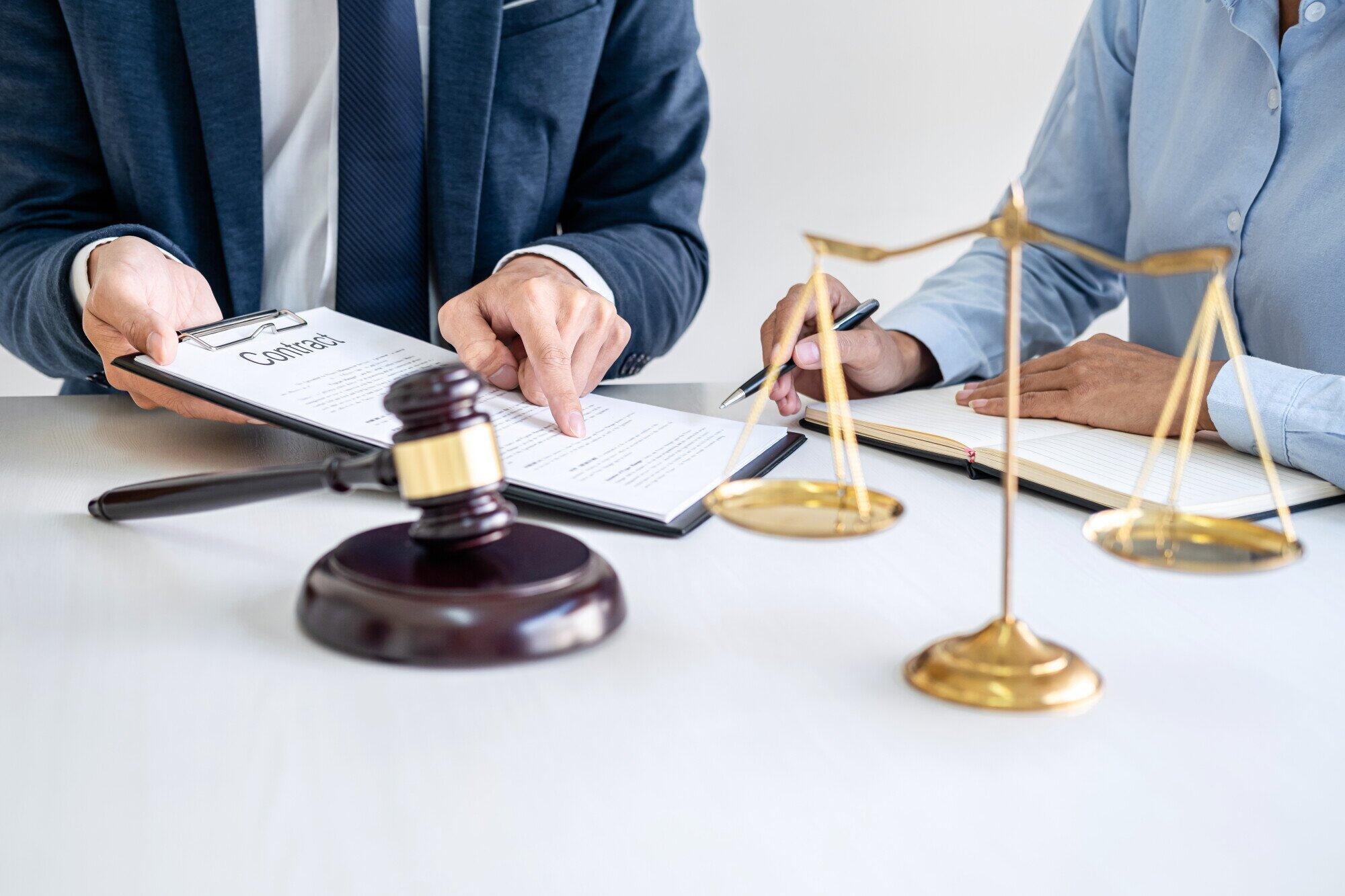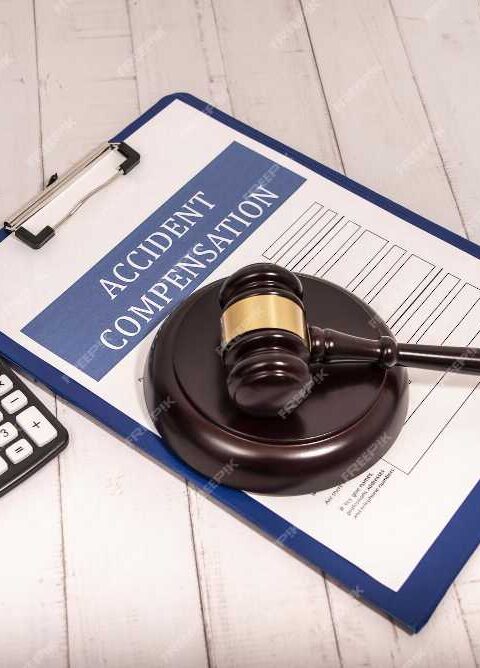When businesses play background music, they must have a license. Playing unlicensed music in business settings can create legal and financial risks. Businesses need to have a good understanding of the requirements involved, such as understanding music publishing and the rights associated with musical works.
Copyright law requires any establishment wanting to play a published song to have permission from the author or their representative agency. It means you need an ASCAP, BMI, or SESAC music license.
Increased Sales
Small businesses can save money and worry less about copyright infringement when they use music licensing companies like ASCAP, BMI, or SESAC. A monthly subscription fee will give them access to thousands of songs, freeing them to focus on their business. Using a licensing company will also help protect them from costly copyright infringement lawsuits that cost tens of thousands or more.
Getting your music licensed can help you increase exposure. Music supervisors always seek new and exciting music that fits their visual projects. They’ll often listen to your song to see if it fits their vision and then license it for the appropriate project.
A public performance license allows you to legally play music in your business, restaurant, or store. It includes broadcast radio and television (commercials and shows), YouTube videos, streaming services, live performances, commercials, and more. The fees vary depending on where and how the music will be used, anticipated exposure, and experience.
A synchronization license, or sync license, is a special type of music licensing deal that allows a person or production to “sync” your music with visual images such as TV shows, films, news segments, and video games. It is a common way for indie musicians to get their music licensed.
Increased Customer Satisfaction
Every business owner knows that music can make or break an atmosphere, creating a mood where customers are more inclined to stay longer, buy more, and return. However, most owners need to realize that any time copyrighted music is played in a public space (such as a bar or restaurant), it requires permission from the copyright holders through a business license.
Music licensing for small businesses helps ensure that artists are fairly compensated for their work. Playing copyrighted music without a license is illegal, robbing artists of the income they deserve.
To avoid a costly lawsuit, all businesses that want to use music in their establishment must obtain a license. It can be done through one of the four PROs, including ASCAP, BMI, SESAC, and GMR. There are also direct licensing options, where a small business can negotiate directly with the music owner to determine the desired scope of the license and compensation or royalties.
A specialized license is also available for music in visual media, such as videos or television commercials. This type of license is referred to as a sync license, and it allows for a more flexible licensing agreement that can be tailored to specific projects. It is pervasive for indie musicians to license their songs for video productions, giving them the exposure they need to survive as artists.
Increased Brand Awareness
Music licensing for businesses helps build brand awareness by exposing the public to original music. A recognizable song in your commercials, radio spots, or website can help the general public recognize your business. It also helps increase ad recall. A track once heard in a movie or TV show will remind people of your brand and can lead to more sales.
For example, if you have an ad featuring a client dancing in your studio space to Taylor Swift, that client will likely associate your business with the song and the dance moves. The music in the ad can help them remember your company, even if they don’t go to your business. This type of recognition is the goal of any marketing campaign.
When you license songs, you get permission to use them for a certain amount of time and in specific situations. You can either pay the organization representing the musicians’ rights (ASCAP, BMI, and SESAC) to license music or choose a subscription service that handles this.
If you decide to use a PRO, be sure that the license covers all of the ways you plan to use music in your business and includes the ability to use songs for broadcast. Otherwise, you could receive letters from the PROs asking for money to cover copyright infringement and possibly face fines.
Increased Exposure
Businesses using music in their establishments risk copyright infringement if they play popular songs without first paying a performance rights license. Generally speaking, you must pay a yearly fee to one or more Performance Rights Organizations (PROs), such as ASCAP, BMI, and SESAC.
These fees are based on how and where the song will be used and the anticipated exposure. You will also need a synchronization license if you create a music video for your songs or want to use them in visual media such as TV shows, films, commercials, and news segments. It is a good idea to keep track of sync opportunities and stay on top of what kind of music is used in different visual media to ensure you take advantage of all opportunities.
Before you start worrying about music licensing, take some time to ask yourself why your business wants music in its environment and what you hope to accomplish by having it there. It will help you make a more informed decision about whether or not to pay performance rights fees. Some businesses may qualify for an exception to paying the fee if their establishment is less than 2000 square feet, they charge a cover to enter the space, or they only play live or pre-recorded music that is part of a larger visual presentation.







